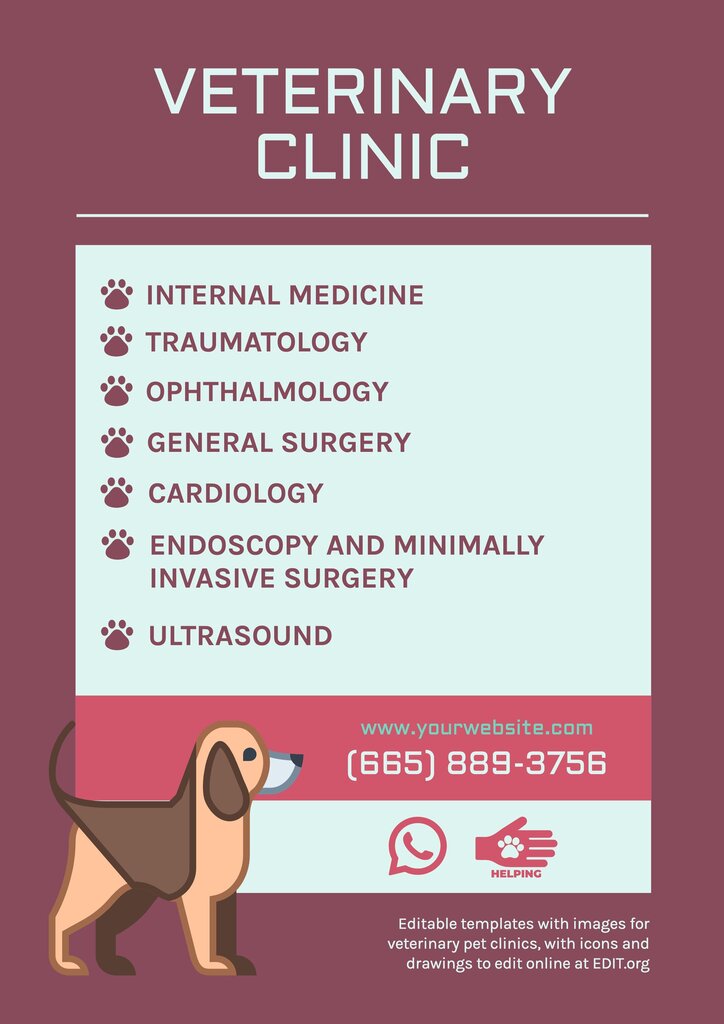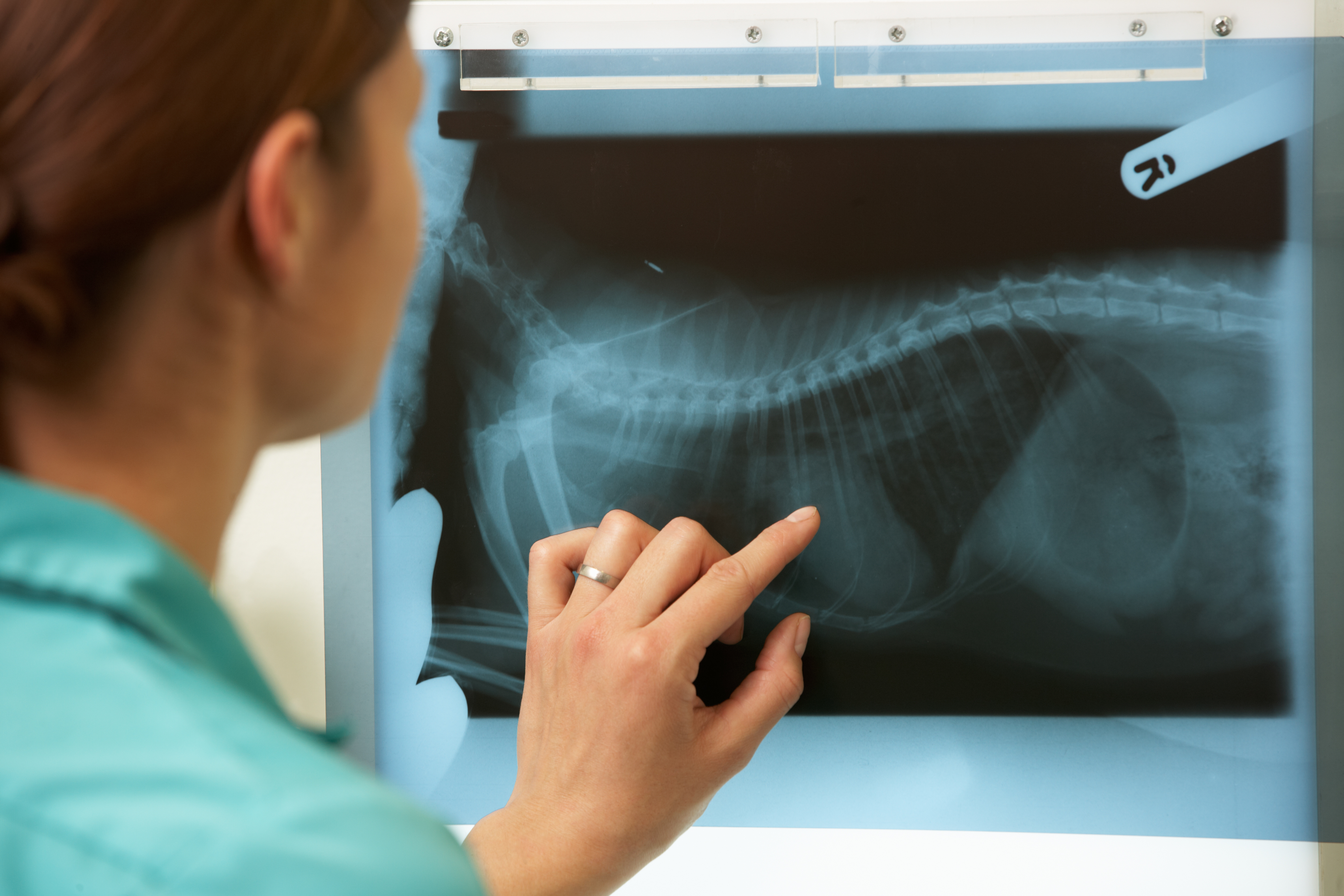How Veterinary Diagnostics Support Long-Term Wellness
How Veterinary Diagnostics Support Long-Term Wellness
Blog Article
Dogs and cats bring joy to our homes, and caring for their needs takes proactive care. Animal diagnostic centers play a crucial role in guiding treatment plans for domestic pets.
Throughout this resource, we’ll delve into why pet diagnostics are vital and explain the testing process.
What Are Veterinary Labs?
Veterinary laboratories provide health assessments for analyzing health markers. They help veterinarians to monitor ongoing conditions.

Typical procedures usually includes:
- Preparing samples for testing: Tissue or fluid samples are gathered during visits.
- In-depth testing: Specialized tools and methods evaluate the samples.
- Analyzing findings: Data supports treatments for targeted interventions.
Common Veterinary Tests for Dogs and Cats
Diagnostic exams are tailored to pet needs to prevent serious conditions. Key lab services include:
- Blood tests: Identify infections.
- Bladder and kidney checks: Identify dehydration.
- Gut health screenings: Ensure proper nutrient absorption.
- Allergy testing: Address skin issues.
- Advanced imaging tests: Detect tumors or growths.
laboratorio veterinario
laboratório de análises clínicas veterinária preventivalaboratorio de analises clinicas para animais
Why Diagnostic Exams Are Essential
Consistent lab work supports proactive health management. By addressing concerns promptly, vets can provide better care.

The value of testing include:
- Effective treatments: Chronic issues are managed.
- Cost savings: Prevention saves money in the long run.
- Knowing your pet is well: Stay ahead of potential issues.
Conclusion: Veterinary Labs as a Cornerstone of Pet Health
Pet health labs provide the foundation for accurate diagnoses. By scheduling routine tests, you support their quality of life.
Make pet health a priority and give your furry friends the best care possible!
Report this page